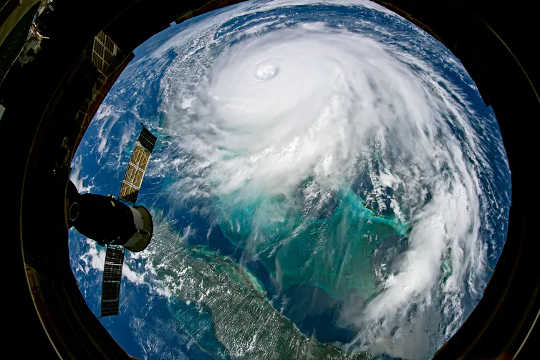
A lot can go wrong when hurricanes stall. Their destructive winds last longer. The storm surge can stay high. And the rain keeps falling.
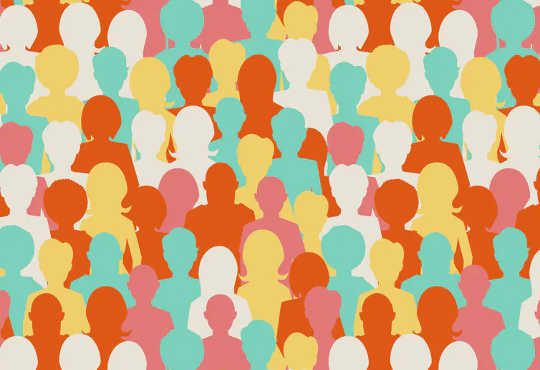
A larger population does make it harder to treat the environment in the right way. Fortunately, in new research we found that using 60% less energy than today, decent living standards could be provided to a global population of 10 billion by 2050.

Imagine a tattoo that alerts you to a health problem signaled by a change in your biochemistry, or to radiation exposure that could be dangerous to your health. You can’t walk into a doctor’s office and get a dynamic tattoo yet, but they are on the way.

As we all head back to school during a global pandemic, it’s a good time to ask whether students are learning the skills they need to keep themselves and their communities safe.
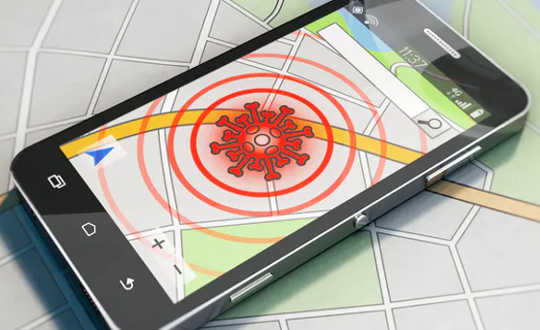
Back in March and April 2020, I (and many other economists) argued for lockdowns to get COVID-19 infections under control and to give health systems time to put in place testing and tracing regimes to contain the virus in the longer term.

The difficulty many people have getting tested for SARS-CoV-2 and delays in receiving test results make early warning of possible COVID-19 infections all the more important, and data from wearable health and fitness devices shows promise for identifying who might have COVID-19.

More than 80% of robocalls come from fake numbers – and answering these calls or not has no effect on how many more you’ll get.

In the 20th century, politicians’ views of human nature shaped societies. But now, creators of new technologies increasingly drive societal change.
- By Karl Linden

Ultraviolet light has a long history as a disinfectant and the SARS-CoV-2 virus, which causes COVID-19, is readily rendered harmless by UV light.

When you visit your doctor, you might assume that the treatment they prescribe has solid evidence to back it up. But you’d be wrong.

It’s another hot and sweaty summer day, and you see an ad for a sports T-shirt claiming it is made out of a material that will instantly make your skin feel cool. Intriguing, but does it work, and if so, how?

Many of the nation’s 57 million K-12 students will spend at least part of the 2020-2021 school year either dealing with distance learning or a hybrid model that keeps them out of classrooms several days a week.

We found men and people aged 18-25 are more likely to believe COVID-19 myths. We also found an increase among people from a non-English speaking background.
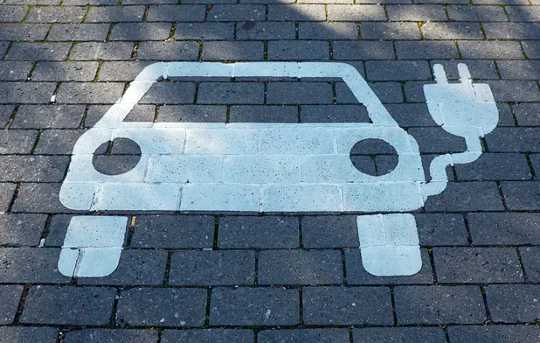
Electric vehicle sales have grown exponentially in recent years, accompanied by dropping prices. However, adoption of EVs remains limited by their higher sticker price relative to comparable gas vehicles, even though overall cost of ownership for EVs is lower.
- By Todd Newman

Harley-Davidson is one of the most iconic brands in the world. Harley-Davidson, however, doesn’t sell motorcycles – it sells a lifestyle.
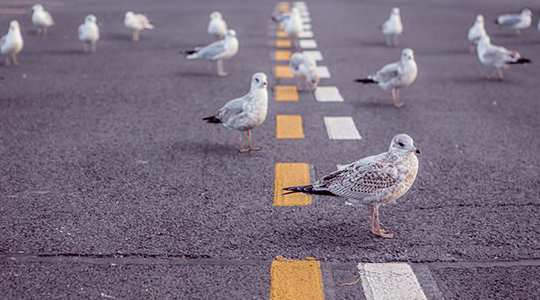
Paramhansa Yogananda said: We are all of us a little bit crazy, but most of us don't know it because we mix only with people with the same type of craziness as our own. It is only when differently crazy people come together that they get a chance to find out the errors in their own types of craziness!
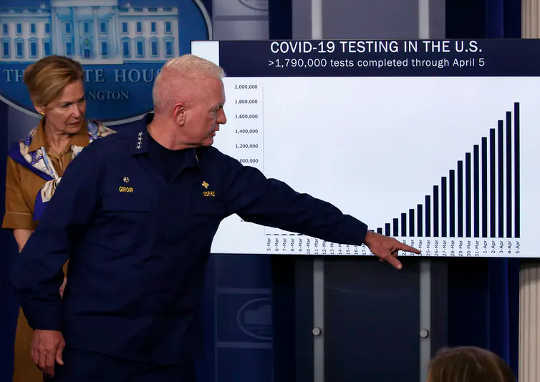
The problem is that data visualizations can also leave you with the wrong idea – whether the images are sloppily made or intentionally misleading.
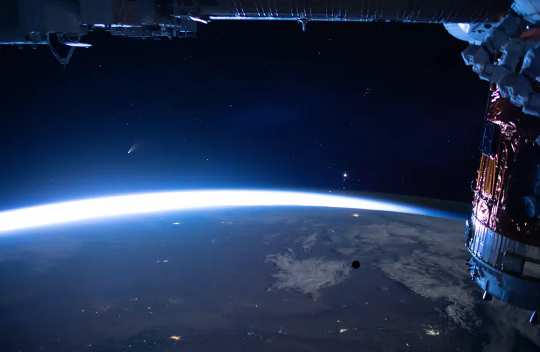
Neowise is the first bright comet to be visible with the naked eye from the northern hemisphere since the mid-1990s. Another thing that makes this comet interesting is that it has a relatively long orbital period, meaning it was only discovered a few months ago.
- By Kira Allmann
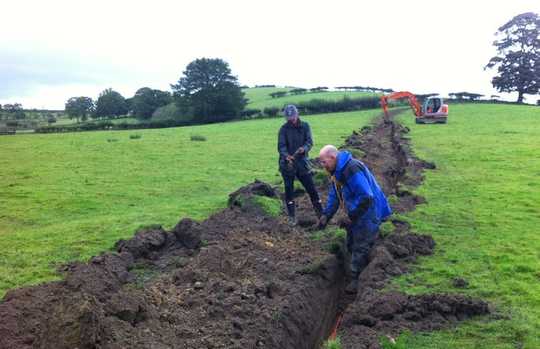
Nestled between Lancashire’s stand-out beauty, the Forest of Bowland, and the breathtaking vistas of the Yorkshire Dales, the serene, postcard-perfect village of Clapham seems far removed from the COVID-19 pandemic.

Several high-profile papers on COVID-19 research have come under fire from people in the scientific community in recent weeks.
 Google recently unveiled its latest talking AI, called Duplex. Duplex sounds like a real person, complete with pauses, “umms” and “ahhs”.
Google recently unveiled its latest talking AI, called Duplex. Duplex sounds like a real person, complete with pauses, “umms” and “ahhs”.

Last year, nearly one third of Australian adults owned a smart speaker device allowing them to call on “Alexa” or “Siri”.
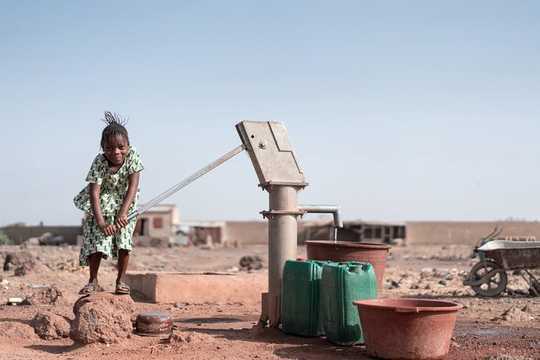
If a two-year-old child living in poverty in India or Bangladesh gets sick with a common bacterial infection, there is more than a 50% chance an antibiotic treatment will fail.















